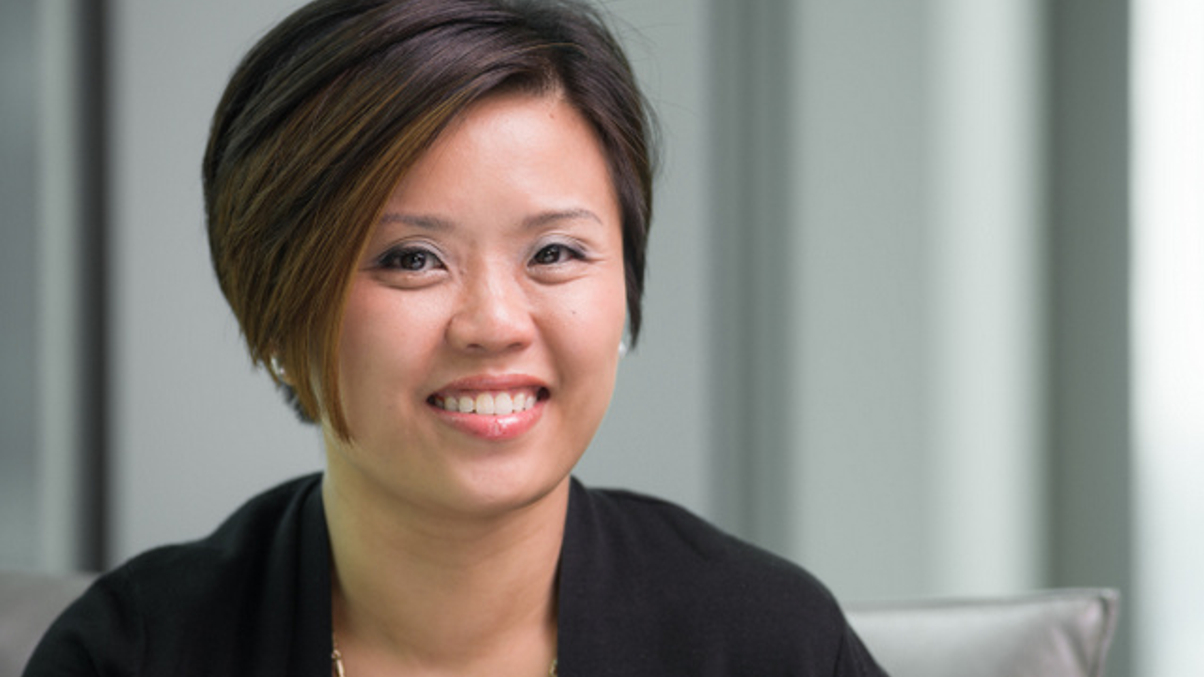How Deutsche WM approaches fund selection
Joyce Ngan, the private bank's new Asia-Pacific head of fund solutions, spoke to AsianInvestor about picking products and how it recently put a fund selector in Singapore.

Deutsche Bank Wealth Management, which is likely to expand its list of recommended equity funds this year, had €46 billion ($49 billion) under management in Asia Pacific out of a global total of €300 billiion.
Sign in to read on!
Registered users get 2 free articles in 30 days.
Subscribers have full unlimited access to AsianInvestor
Not signed up? New users get 2 free articles per month, plus a 7-day unlimited free trial.
¬ Haymarket Media Limited. All rights reserved.


